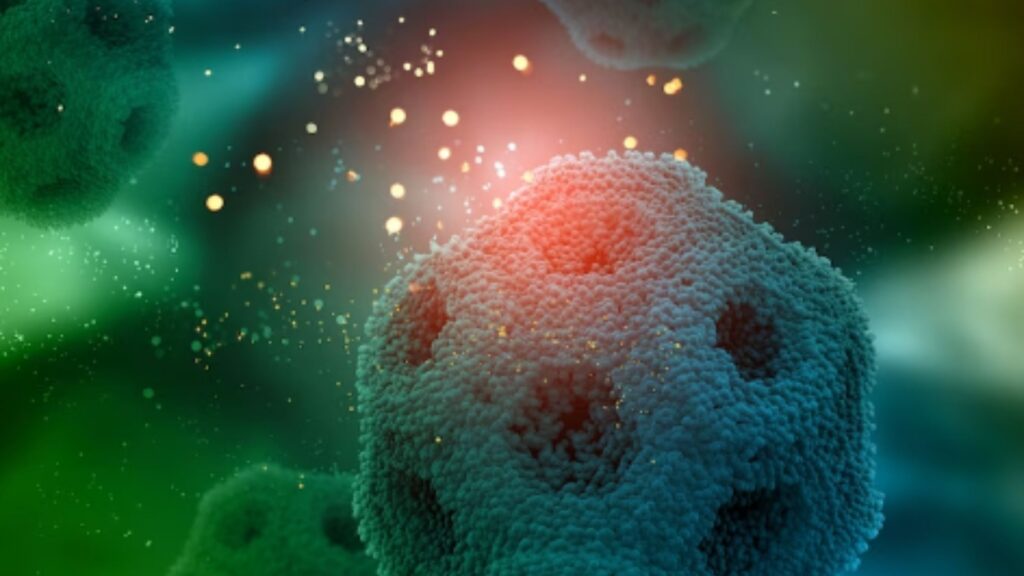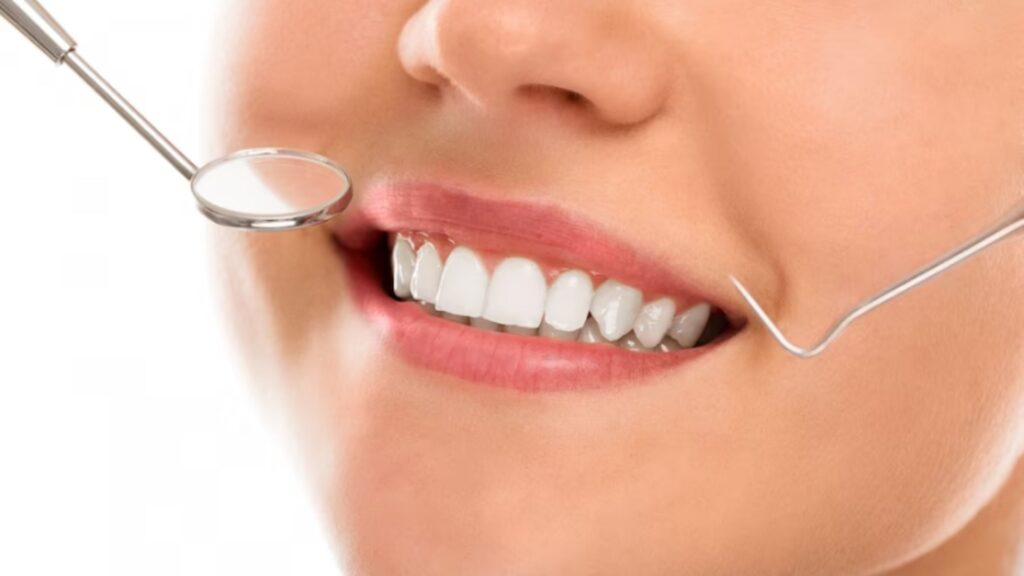Probiotics are live microorganisms that provide health benefits when consumed in adequate amounts. These beneficial bacteria and yeasts are found naturally in our digestive system and are also available in certain foods and supplements. Probiotics have gained increasing popularity in recent years due to their many health benefits, ranging from improved digestion to enhanced immune function. In this blog, we will explore the top health benefits of probiotics.
Improved Digestion:

Probiotics are perhaps best known for their positive impact on digestive health. These microorganisms play a crucial role in breaking down food and absorbing nutrients, which can help to alleviate a variety of digestive issues. Studies have shown that probiotics can improve symptoms of irritable bowel syndrome (IBS), inflammatory bowel disease (IBD), and diarrhea caused by antibiotics. Probiotics may also help to prevent and treat constipation by promoting regular bowel movements.
Enhanced Immune Function:

The health benefits of probiotics extend beyond digestive health. These beneficial bacteria can also strengthen the immune system by stimulating the production of antibodies and other immune cells. This can help to protect against infections and illnesses, including respiratory infections, urinary tract infections, and eczema. Probiotics may also reduce the risk of developing allergies and autoimmune disorders by modulating the immune response.
Improved Mental Health:

The gut-brain axis is a bidirectional communication pathway between the central nervous system and the enteric nervous system, which governs the function of the digestive system. Emerging evidence suggests that the gut microbiota plays a crucial role in the development and function of the gut-brain axis, and that probiotics can influence mental health by modulating this pathway. Studies have shown that probiotics can improve symptoms of anxiety, depression, and stress.
Lowered Cholesterol Levels:

High cholesterol is a major risk factor for cardiovascular disease, which is the leading cause of death worldwide. Probiotics may help to lower cholesterol levels by breaking down bile acids, which are produced by the liver and aid in fat digestion. When bile acids are broken down by probiotics, the liver must use cholesterol to produce new bile acids, which can help to reduce circulating cholesterol levels.
Improved Skin Health:

The health benefits of probiotics also extend to skin health. The skin microbiota plays an important role in maintaining the skin’s barrier function, protecting against pathogens, and regulating inflammation. Probiotics may help to improve skin health by modulating the skin microbiota and reducing inflammation. Studies have shown that probiotics can improve symptoms of acne, rosacea, and eczema.
Reduced Risk of Certain Cancers:

Probiotics may also help to reduce the risk of certain types of cancer. Studies have shown that probiotics can inhibit the growth of cancer cells in vitro and in animal models. Probiotics may also reduce the risk of colorectal cancer by modulating the gut microbiota and reducing inflammation in the colon.
Improved Oral Health:

The health benefits of probiotics extend to oral health as well. The oral microbiota plays an important role in maintaining oral health, and an imbalance in this microbiota can lead to dental caries, periodontitis, and other oral diseases. Probiotics may help to improve oral health by modulating the oral microbiota and reducing inflammation. Studies have shown that probiotics can reduce the risk of dental caries and improve symptoms of periodontitis.
Improved Heart Health:

Probiotics may also improve heart health by reducing blood pressure and inflammation. High blood pressure is a major risk factor for cardiovascular disease, and chronic inflammation can contribute to the development of atherosclerosis, a condition in which plaque builds up in the arteries and can lead to heart attack or stroke. Probiotics may help to reduce blood pressure by producing short









